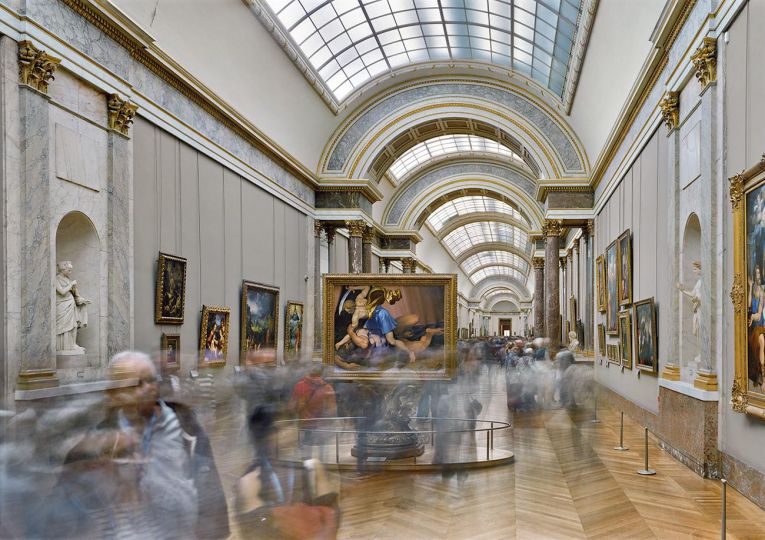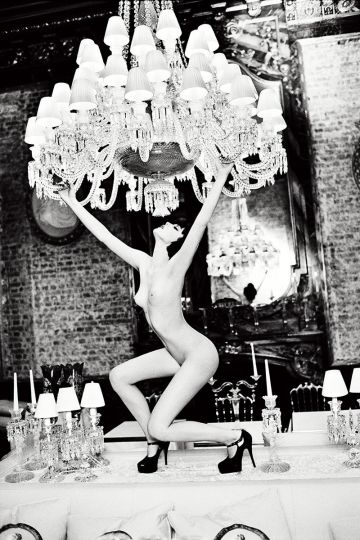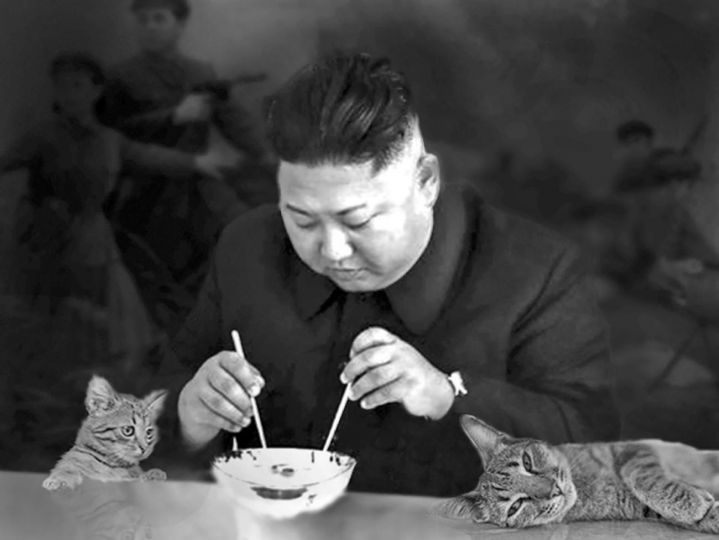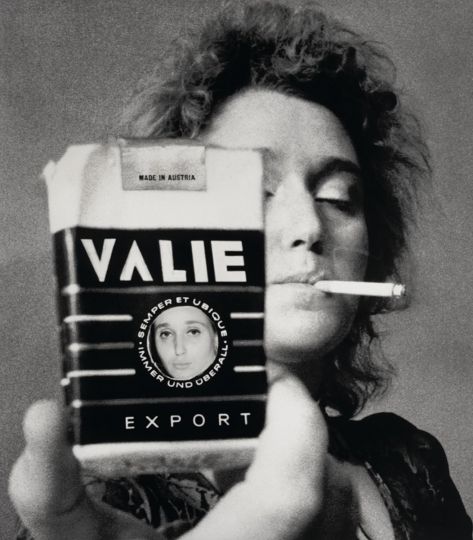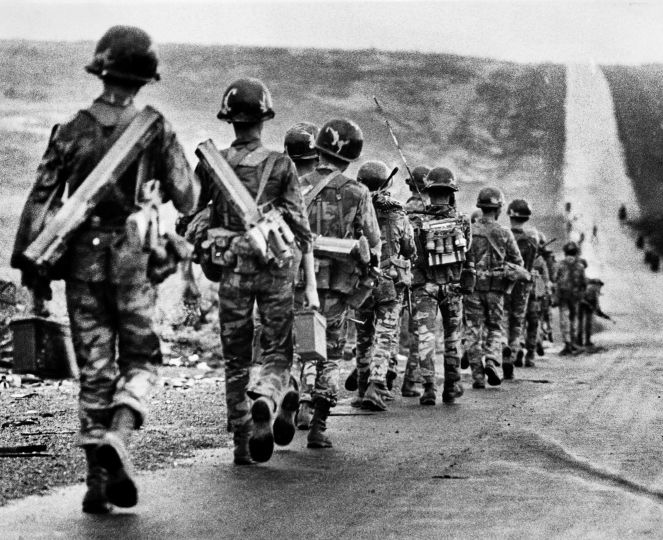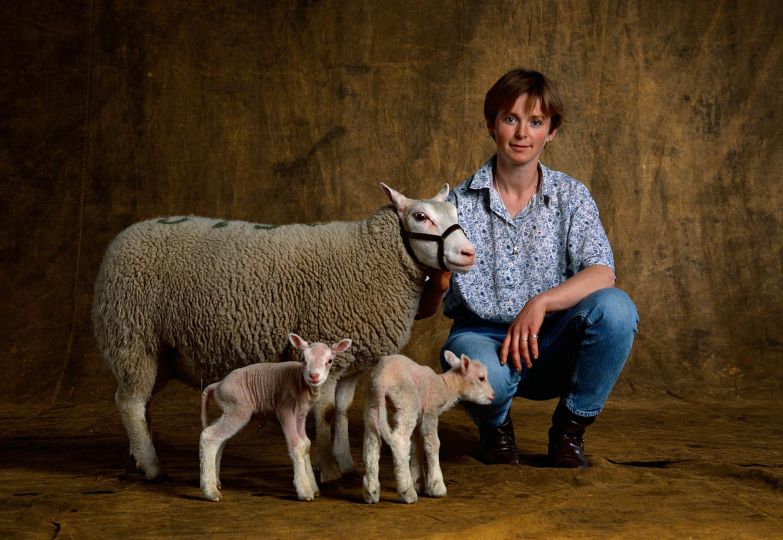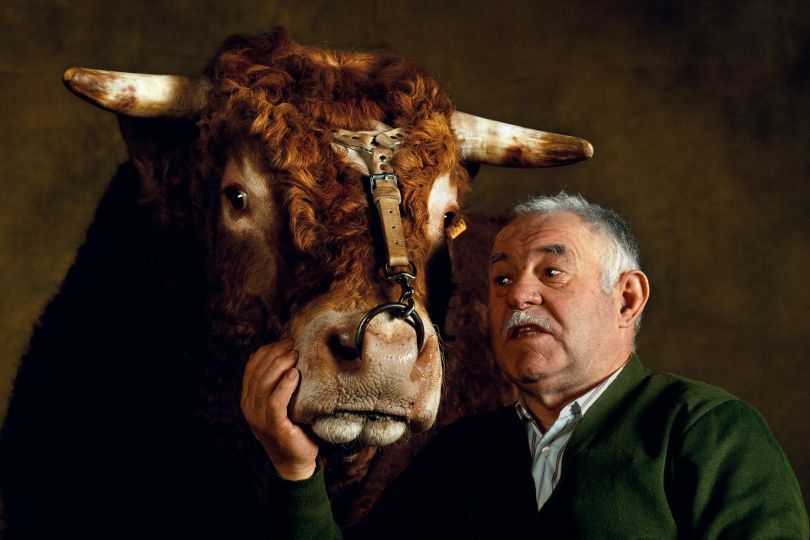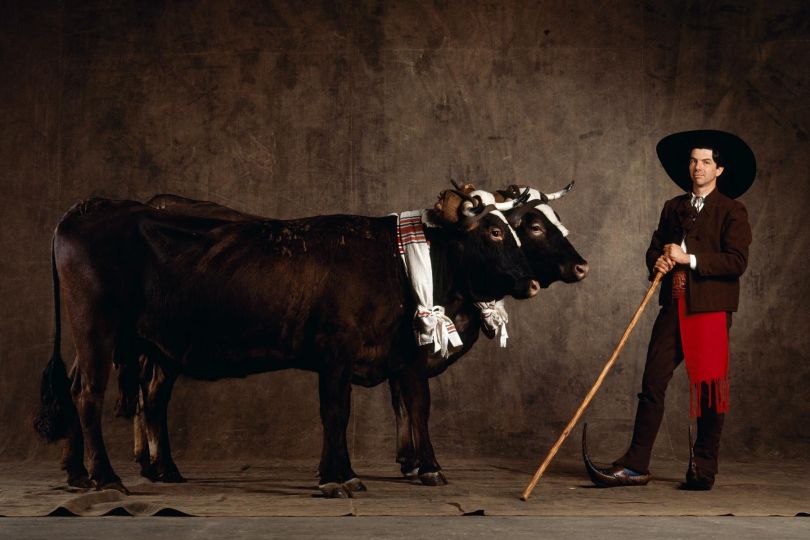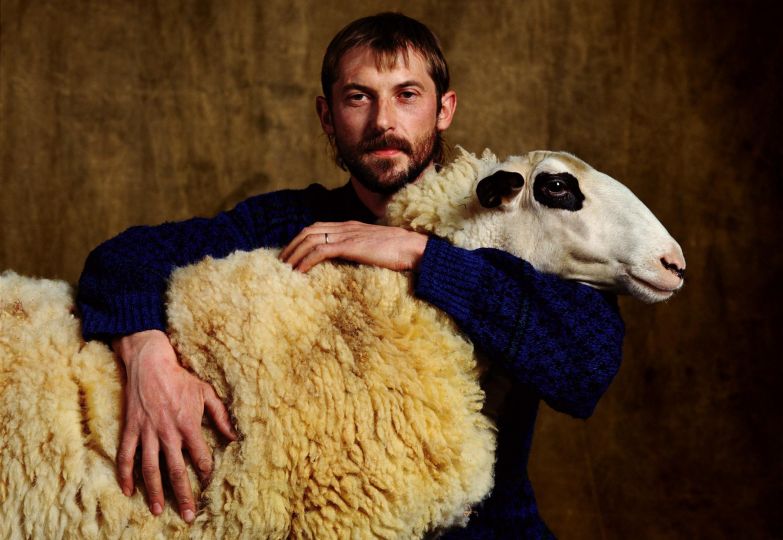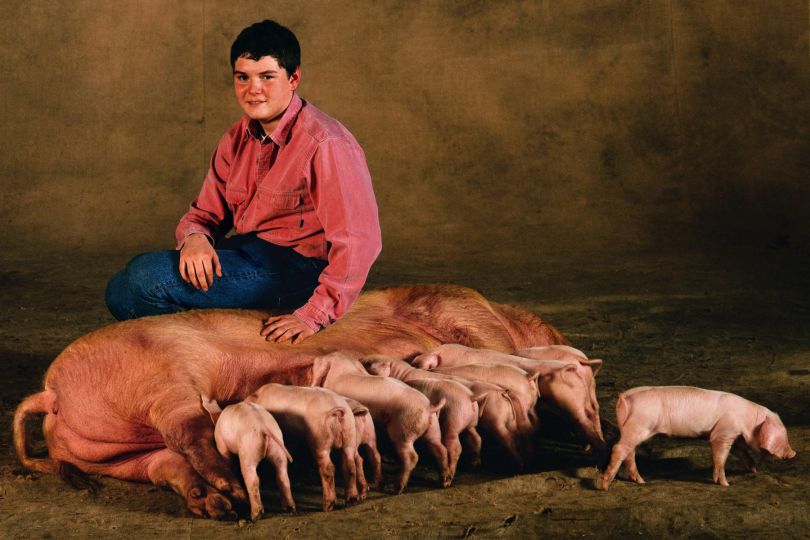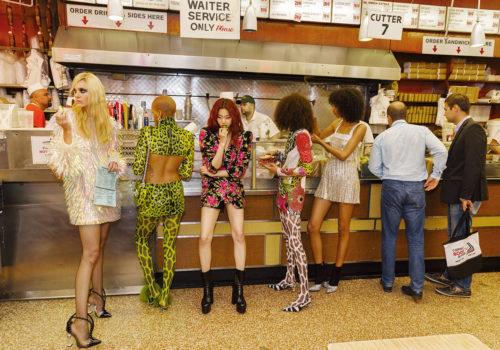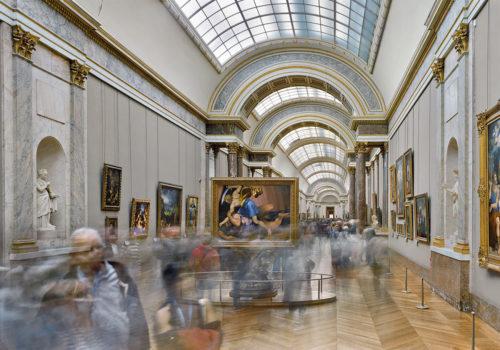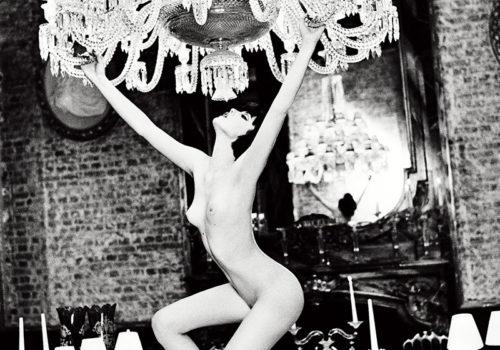Christian Caujolle : How does the Managing Director operate at the Rencontres of Bamako?
Samuel Sidibé : The General Manager is in many ways the General Director of the Biennale. He determines, with the Institut Français and the Artistic Directors, the Biennale’s strategic choices and its installations. He looks for funding and negotiates throughout the Biennale.
Christian Caujolle : There are two artistic directors, which is rare. Do they have different tasks?
Samuel Sidibé : I don’t know that it is so rare to have two Artistic Directors. But when I began looking for one for the Biennale, I received an offer with two names. It was interesting, and that was what motivated our selection. During the interview process, the two people seemed complementary, and looked quite capable of working together intelligently. We don’t meddle with the separation of tasks.
Christian Caujolle : Over the past two years, major events have swept the continent. Have they had an impact on festival’s positioning?
Samuel Sidibé : The Festival was obliged to respond to the political context. It was obvious that the question of Democracy and the people’s fight for more freedom would find its place at the Biennale.
Christian Caujolle : Have you witnessed the emergence of new directions and are they different from those that might be observed in Europe?
Samuel Sidibé : African photography is without a doubt far more militant given the particular nature of the continent. The photographers want to be part of the debates. It is not so much characteristic of European photographers.
Christian Caujolle : The Pan-African exhibition appears to be the cornerstone of the festival. As the name suggests, does it signify a form of unity across the continent?
Samuel Sidibé : The use of the term pan-African for the exhibition devoted to African photographer does not in any way imply that there is an artistic unity to the continent. Being pan-African includes diversity, very clearly demonstrated by the exhibitions.
Christian Caujolle : Sustainable development is this edition’s current theme. It is definitely a recurrent theme today, what meaning does it have in the arts in general and in photography in particular?
Samuel Sidibé : It is true that the theme “sustainable development” selected by the Biennale is very vast, but authentic. I think that we are all, more than ever, aware of today’s crucial environmental, social and economic debates. Artists are particularly affected by these questions, as witnessed by their work and the diversity of their themes: pollution, the degradation of the environment, poverty, etc…
Christian Caujolle : Does African photography have a specific identity today? How can you situate it in reference to the history of African photography?
Samuel Sidibé : African photography enjoyed an exponential evolution over the past ten years most particularly thanks to the impact of the Rencontres. It reached beyond the portrait studio and events photography, characteristic of its beginnings, to discover a more contemporary and artistic approach. But it remains unique. African photography seems to me to be particularly militant (in a general sense) providing major witness to history in motion. But in the end, is it unique to African photography?


